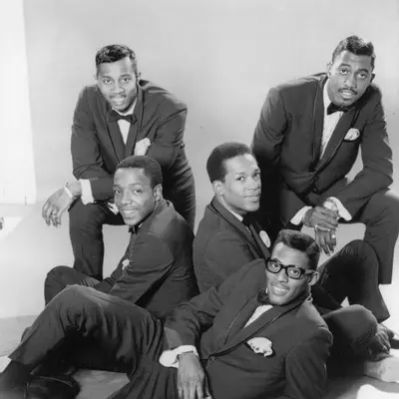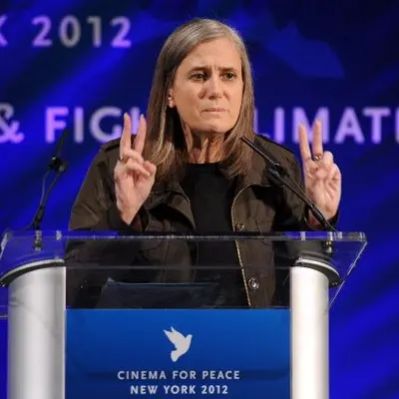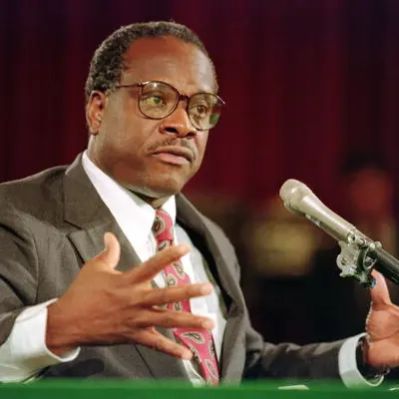What Is Peter Wolf’s Net Worth?
Peter Wolf, an American musician renowned for his dynamic stage presence and distinctive vocals, has amassed a net worth of $8 million. This financial standing reflects his multifaceted career, primarily fueled by his tenure as the lead vocalist of The J. Geils Band and his subsequent solo endeavors. Throughout his career, Peter has successfully been involved in various ventures, from music to DJ to songwriting. His talent and relentless dedication led to achieving significant milestones in the entertainment industry.
Early Career and The J. Geils Band
Born Peter Walter Blankfield on March 7, 1946, in The Bronx, New York, Peter Wolf’s early life was steeped in artistic and musical influences. He attended Manhattan’s High School of Music & Art, strategically located near the Apollo Theater, where he immersed himself in the vibrant world of gospel, R&B, and soul music. This exposure played a pivotal role in shaping his musical sensibilities and ignited his passion for performance.
Wolf’s pursuit of artistic expression led him to Boston, Massachusetts, where he secured a scholarship to study painting at the School of the Museum of Fine Arts at Tufts. During this period, he shared living space with David Lynch, who later achieved acclaim as the co-creator of the Emmy-nominated television series “Twin Peaks” and garnered Academy Award nominations for directing films such as “The Elephant Man,” “Blue Velvet,” and “Mulholland Dr.”
In 1964, Peter formed The Hallucinations with fellow art students Doug Slade, Stephen Jo Bladd, Paul Shapiro, and Joe Clark. The group performed with artists such as Muddy Waters, The Velvet Underground, John Lee Hooker, Van Morrison, Howlin’ Wolf, and Sun Ra. During his time with The Hallucinations, Wolf helped establish Boston radio station WBCN, where he became an all-night DJ under the name Woofa Goofa. By 1967, Peter Wolf joined The J. Geils Band, partnering with keyboardist Seth Justman as the band’s primary songwriters.
The J. Geils Band released their self-titled debut album on November 16, 1970, which reached #195 on the “Billboard” 200 chart. Their second album, 1971’s “The Morning After,” peaked at #64 on the same chart. In 1973, “Bloodshot” reached #10 and was certified Gold. The band followed with “Ladies Invited” (1973), “Nightmares…and Other Tales from the Vinyl Jungle” (1974), “Hotline” (1975), and “Monkey Island” (1977), reaching #51, #26, #36, and #51 on the “Billboard” 200 chart, respectively. The single “Must of Got Lost” from “Nightmares…and Other Tales from the Vinyl Jungle” reached #12 on the “Billboard” Hot 100 chart. The J. Geils Band followed “Monkey Island” with the Gold albums “Sanctuary” (1978) and “Love Stinks” (1980). The single “Love Stinks” became one of their most well-known songs, and Adam Sandler famously covered it in the 1998 hit film “The Wedding Singer.” Wolf’s final album with the band was 1981’s “Freeze-Frame,” which reached #1 in the U.S. and Canada and went Platinum or higher in both countries. The single “Centerfold” topped the charts in the U.S., Australia, and Canada, and it was certified Gold in Australia. The album’s title track went Gold in the U.S. and Canada and reached the top 10 on the charts in several countries.
Solo Career Success and Music Royalties
After parting ways with The J. Geils Band in 1983 due to creative differences, Peter Wolf embarked on a solo career that further solidified his reputation as a versatile and accomplished musician. His debut solo album, “Lights Out,” released in July 1984, achieved considerable success, reaching #24 on the “Billboard” 200 chart. The title track, “Lights Out,” proved to be a chart-topping hit, peaking at #12 on the “Billboard” Hot 100 chart, #6 on the Mainstream Rock chart, #11 on the Dance Club Songs chart, and #15 on the Canadian Singles Chart.
Building on the momentum of his debut album, Wolf released “Come as You Are” in 1987, which reached #53 on the “Billboard” 200 chart, and the title track reached #1 on the Mainstream Rock chart. In 1990, Peter released “Up to No Good,” which featured the single “99 Worlds,” which reached #9 on the Mainstream Rock chart. He later began collaborating with producer Kenny White with the 1996 album “Long Line,” and he followed that album with 1998’s “Fool’s Parade.” The 2002 album “Sleepless” featured performances by Mick Jagger and Keith Richards, and “Rolling Stone” named it one of “500 Greatest Albums of All Time.” In 2010, Wolf released his seventh solo album, “Midnight Souvenirs,” which reached #45 on the “Billboard” 200 chart, #12 on the Top Rock Albums chart, and #14 on the Top Tastemaker Albums chart. The album featured duets with Merle Haggard, Neko Case, and Shelby Lynne. In 2016, Peter released the album “A Cure for Loneliness,” and it reached #5 on the Folk Albums chart, #14 on the Top Tastemaker Albums chart, and #18 on the Top Rock Albums chart.
The music royalties generated from his extensive catalog of songs, both as a solo artist and with The J. Geils Band, contribute significantly to Peter Wolf’s wealth. These royalties encompass various revenue streams, including sales of physical albums and singles, digital downloads, streaming revenue from platforms like Spotify and Apple Music, and licensing fees for the use of his music in films, television shows, and commercials.
While specific details regarding Peter Wolf’s music royalty earnings are not publicly available, industry estimates suggest that a successful musician can earn tens of thousands to hundreds of thousands of dollars annually from royalties, depending on the popularity and usage of their songs. Given the enduring appeal of The J. Geils Band’s hits, such as “Centerfold” and “Love Stinks,” and the continued relevance of Wolf’s solo work, it is reasonable to assume that his music royalties represent a substantial portion of his overall net worth.
Collaborations and Additional Ventures
Throughout his career, Peter Wolf has engaged in numerous collaborations with other prominent musicians, which have not only enriched his artistic output but also contributed to his financial success. In 1985, he performed a duet with Aretha Franklin, “Push,” for her album “Who’s Zoomin’ Who?” and he took part in the recording of the Artists United Against Apartheid protest song “Sun City.” Additionally, his 2002 album “Sleepless” featured performances by Mick Jagger and Keith Richards, further enhancing its appeal and commercial viability. These collaborations not only elevated Wolf’s profile but also generated additional income through royalties and performance fees.
Beyond his music career, Peter Wolf has also explored other ventures, such as his early work as a disc jockey for Boston radio station WBCN in the late 1960s. While the financial details of this early venture are not readily available, it provided him with valuable experience in the entertainment industry and helped to establish his presence in the Boston music scene.
Peter’s marriage to award-winning actress Faye Dunaway on August 7, 1974, brought additional media attention to his endeavors. Though the couple divorced in 1979, the marriage undoubtedly raised his public profile, which could have indirectly benefited his career. While the specific financial details of their relationship and divorce settlement remain private, it is possible that these events had some impact on Peter Wolf’s overall financial situation.
Awards and Recognition
Peter Wolf’s contributions to the music industry have been widely recognized through numerous awards and accolades. In 2010, his album “Midnight Souvenirs” was named Album of the Year at the Boston Music Awards, underscoring his continued relevance and artistic merit. Additionally, The J. Geils Band has been nominated for Rock and Roll Hall of Fame induction five times, in 2005, 2006, 2011, 2017, and 2018, highlighting the band’s enduring legacy and impact on rock music.
While these awards and nominations may not directly translate into immediate financial gains, they enhance Peter Wolf’s reputation and credibility within the music industry, which can lead to increased opportunities for collaborations, performances, and endorsements. Furthermore, the recognition associated with these accolades can contribute to the long-term value of his music catalog and overall net worth. The fact that “Rolling Stone” magazine ranked his 2002 album “Sleepless” #427 on its 2003 list of the “500 Greatest Albums of All Time” also is a testament to his talent and success.
 Net Worth Ranker
Net Worth Ranker





























































